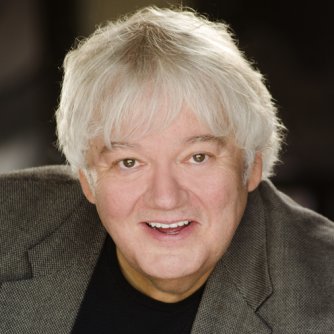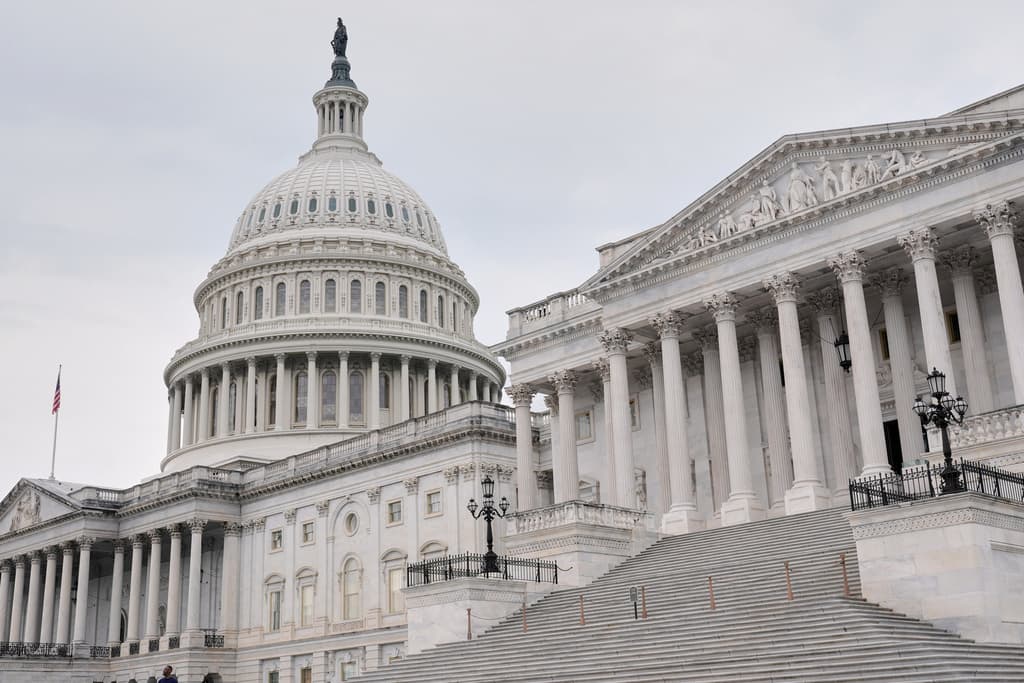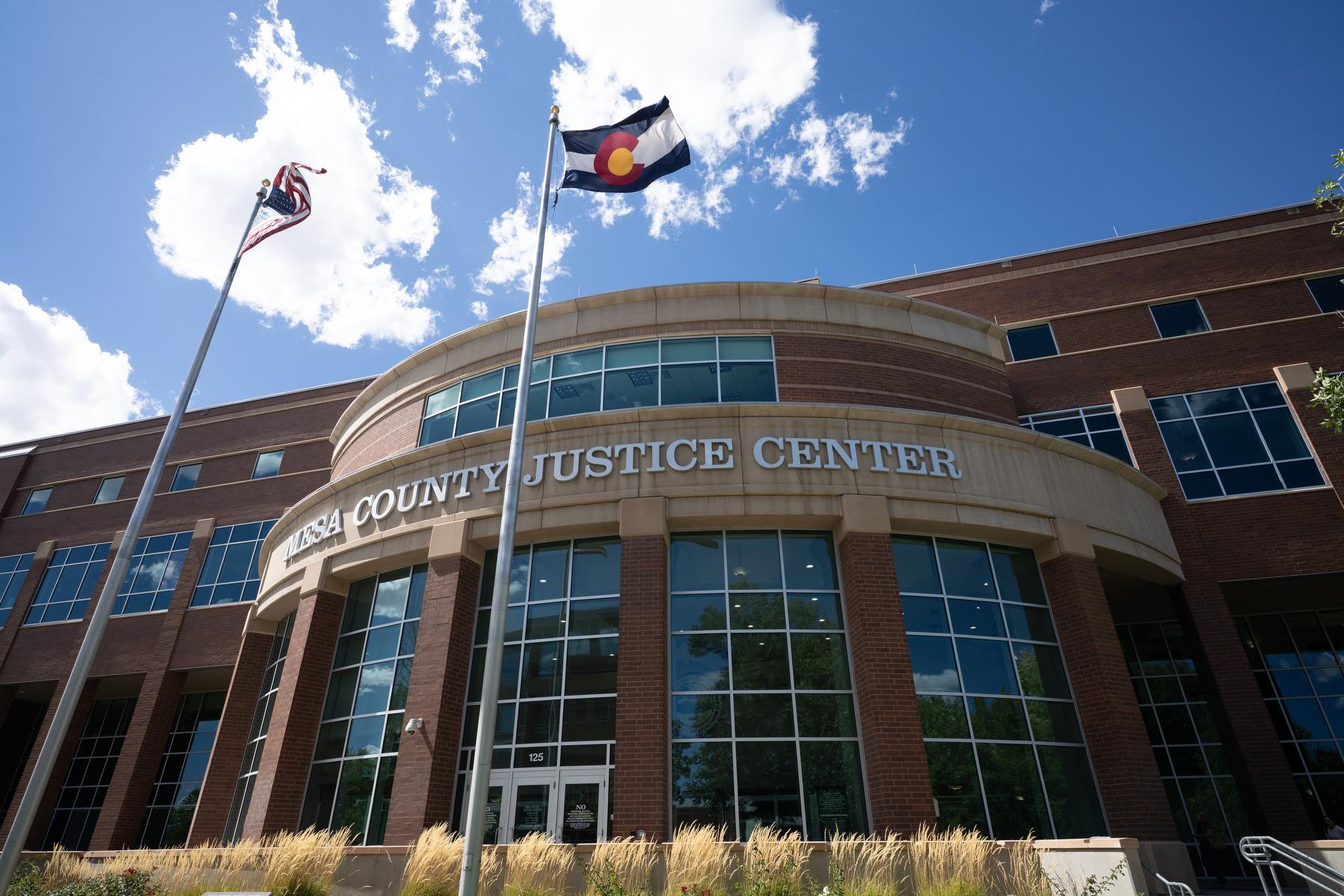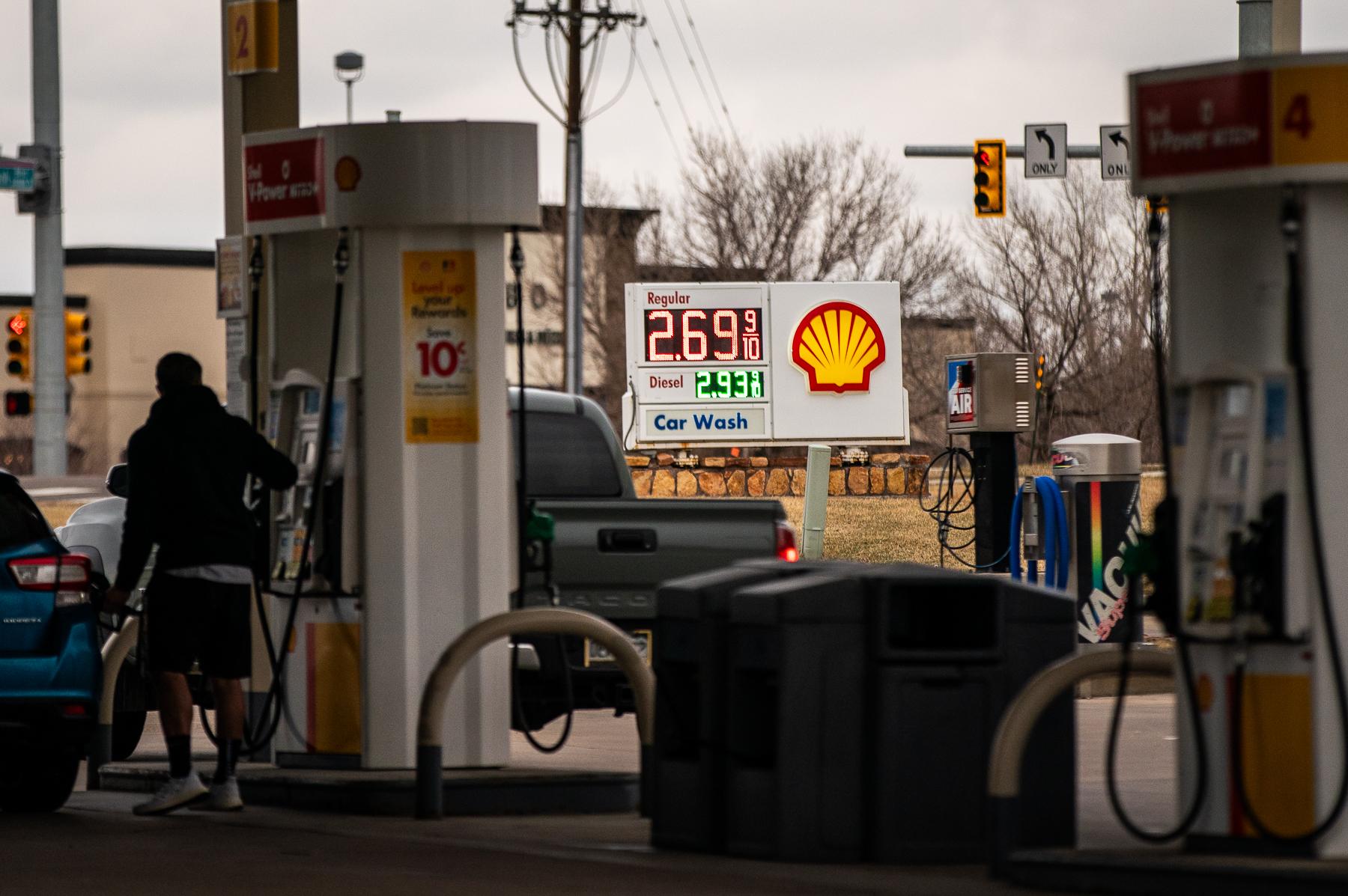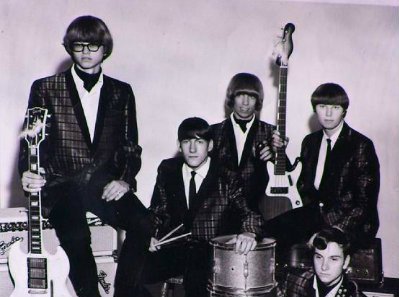
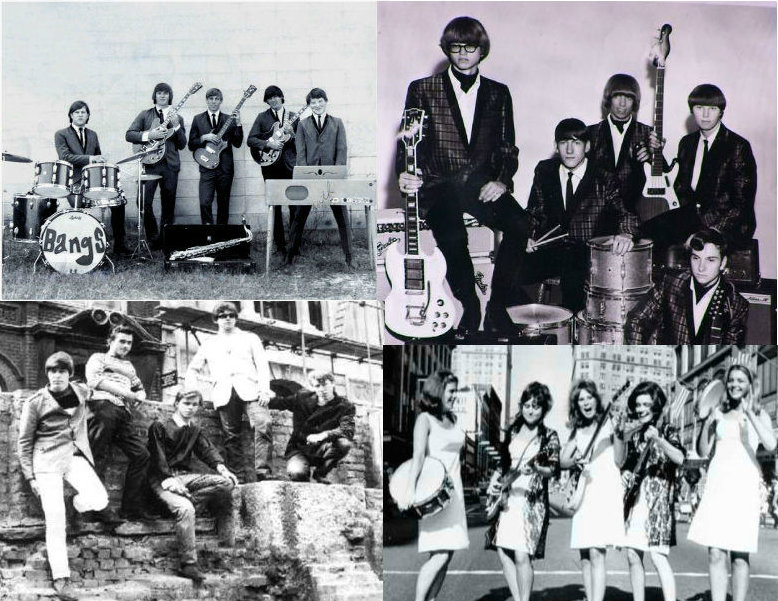
First the term. (And a big thanks to the fabulous word-nerd website for tracking all these references down – English Language & Usage Stack Exchange is a question-and-answer site for linguists, etymologists and serious English language enthusiasts, as well as garage band lovers.)
We know the first golden age of garage rock flourished from 1963 to 1967. Yet none of these purposely primitive bands called what they were doing garage. In fact, the first uses of the term are sarcastic and borderline nasty.
The earliest known reference to hit print shows up in a John Mendelsohn Rolling Stone album review in March of 1971 for a new Faces release:
"…the group is content to faithfully recite the original arrangement, which act, in these dark days of Blood, Sweat & Tears, Keith Emerson, and every last punk teenage garage band having its Own Original Approach, is awfully refreshing."
The casual reference is hardly a rush to coin a Twitter phrase or even the disco era equivalent. It’s rather casual, as if it’s already part of a hip conversation.
Later in November, same newspaper print Rolling Stone, Lenny Kaye reviews a new Grateful Dead album: "It can't quite be called bad, since it's pretty clear that the Dead have progressed so far beyond your average garage band that there's no danger of them ever slipping back”
Skip to 1975, a Stereo Review rant skewering Tom Verlaine’s CBGB band Television: “Not one of them can even come close to being able to play their instruments — they’re about at the level of a fourteen-year-old garage band rehearsing for the first time…”
The unflattering references continue into the bicentennial year.
In a Mother Jones Texas music story: "Sounds pour in from surrounding areas: the tabasco-hot rhythms of Clifton Chenier, Lightnin' Hopkins's gritty Houston blues, Flaco Jimenez' polka-powered Tex-Mex con/unto, or a teenage garage band that dresses in cowboy drag…”
In Rolling Stone, looking back on an early Stones B-side: "'Off The Hook' is a great mid-tempo garage band song with a shuffle beat and one of many Jagger, Richard compositions concerned with hard-as-nails teen queens.”
And again, Stereo Review: "Although practically every garage band in Christendom tithes (spiritually of course) to the King, his influence on Bob and the Mop Tops is perhaps the most clearly documented, not only in living memory but in the rock press, ..."
The first band to own the word as a badge of honor appears to be the only band that mattered. On the Clash’s debut album in 1977, we get “Garageland”:
“We’re a garage band/ We come from garageland…”
Joe Strummer loved to tell where that came from, another snarky reference to the talent level of the originators: “After our second gig a critic in New Musical Express wrote that we should be returned to the garage and locked in with a motor running so that we died. 'Garageland' is about that.”
It’s probably better the genre developed without a finite tag. Link Wray had the sound going in the late '50s. Tacoma’s Sonics and Fabulous Wailers are pretty much the Lewis and Clark of the garage explorers, yet even they did not cause the national furor to plug volcanic amplifiers in next to Dad’s power tools. That began on Feb. 10, 1964, the night after the Beatles cost Ed Sullivan less than he paid for Elvis a decade before, and in return were seen by 73 million people in 23 million homes, many with attached garages.
Years later, garage rock was finally a genre, (some) garage bands were well-respected, and a few of them even had hit records. Rock got a glorious boost of credibility, thanks to a movement that was a DIY as popular music ever seen. The label could wait. First it was time to rock.
Spend Memorial Day Weekend with OpenAir in the garage! Back out the cars, move the lawn equipment, plug in the amps, and get ready to blast the neighborhood with our 2nd annual Garage Weekend from May 24-26. And check out a Spotify playlist from Mike's Retrofit: Deep Garage show airing Saturday at 5 p.m. and Sunday at noon.
